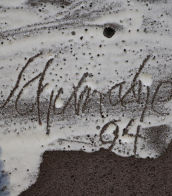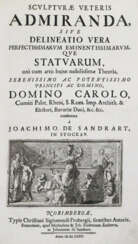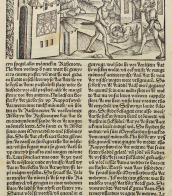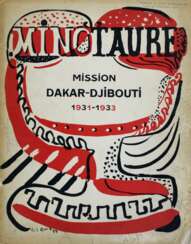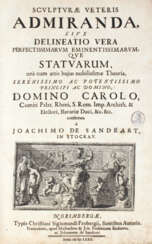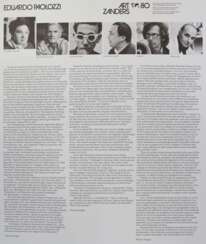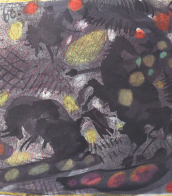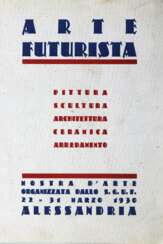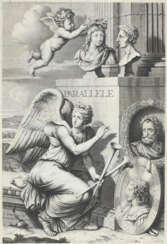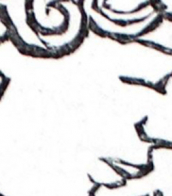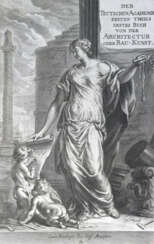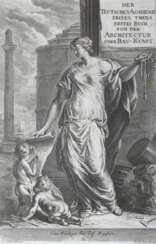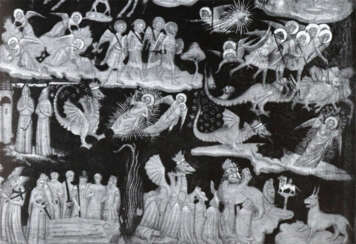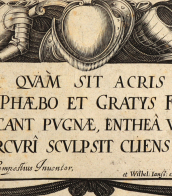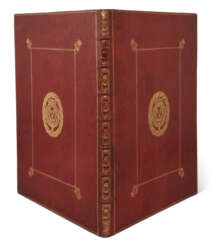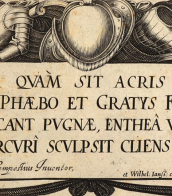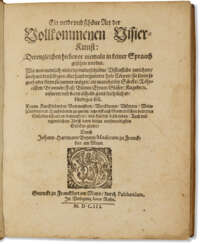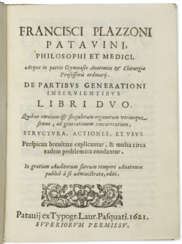art science
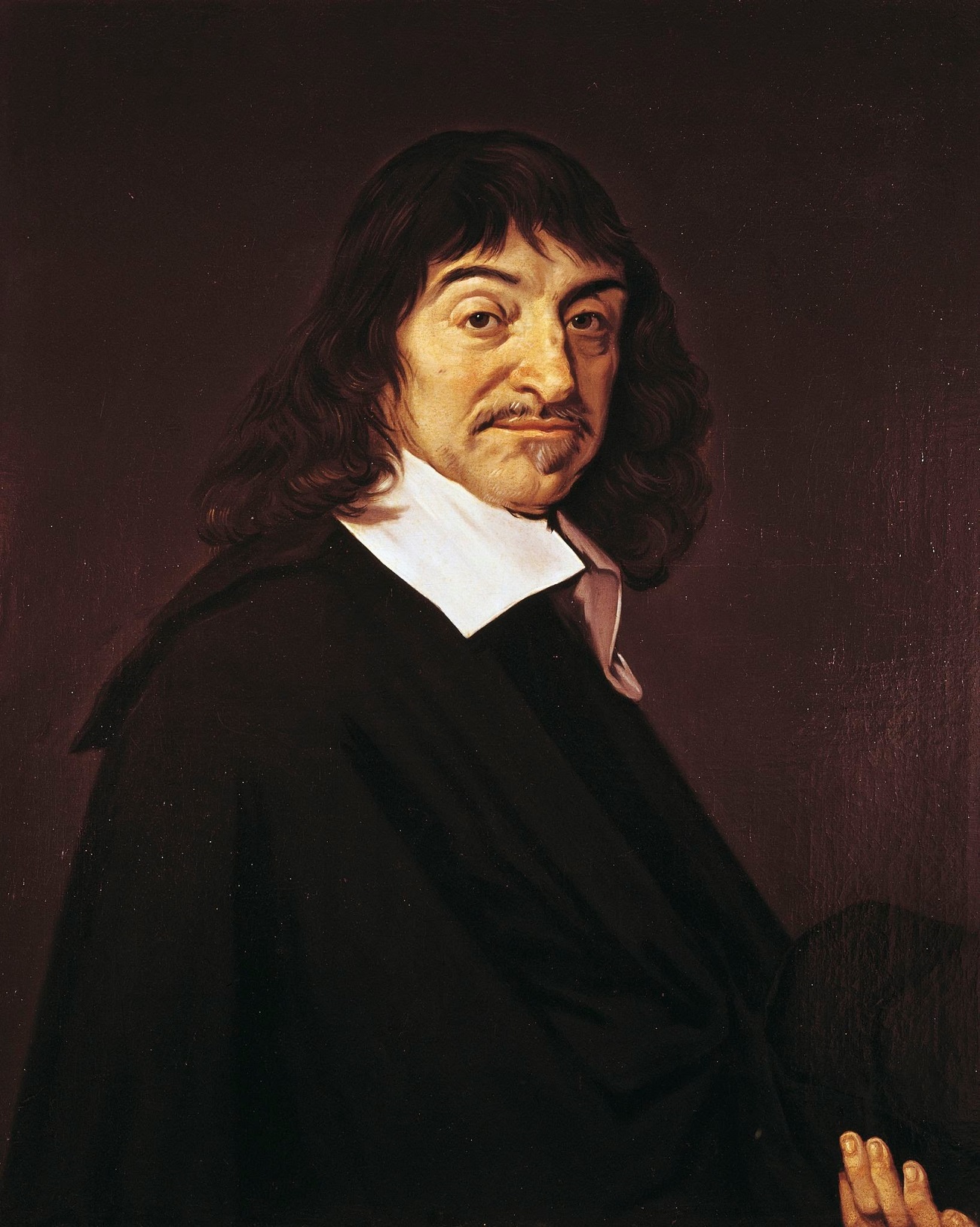
René Descartes was a French philosopher, mathematician, and natural scientist who is considered the founder of modern philosophy.
Descartes was a very versatile scientist: besides numerous philosophical reflections, he wrote works on optics, meteorology and geometry. Contemporaries noted his extensive knowledge in many sciences. Descartes owns the famous saying "I think, therefore I exist" (best known in the Latin formulation "Cogito, ergo sum", although it was originally written in French: "Je pense, donc je suis").
He developed a metaphysical dualism that radically distinguished between mind, whose essence is thought, and matter, whose essence is extension in three dimensions. Descartes' metaphysics is rationalistic, based on the postulation of innate ideas of mind, matter, and God, but his physics and physiology, based on sense experience, are mechanistic and empirical.
Unlike his scientific predecessors, who felt a holy awe at the incomprehensibility of the divine essence of the universe, Descartes admired the ability of the human mind to understand the cosmos and to generate happiness itself, and rejected the view that human beings were inherently unhappy and sinful. He believed that it was inappropriate to pray to God to change the state of things and the world; it was much more productive to change oneself.

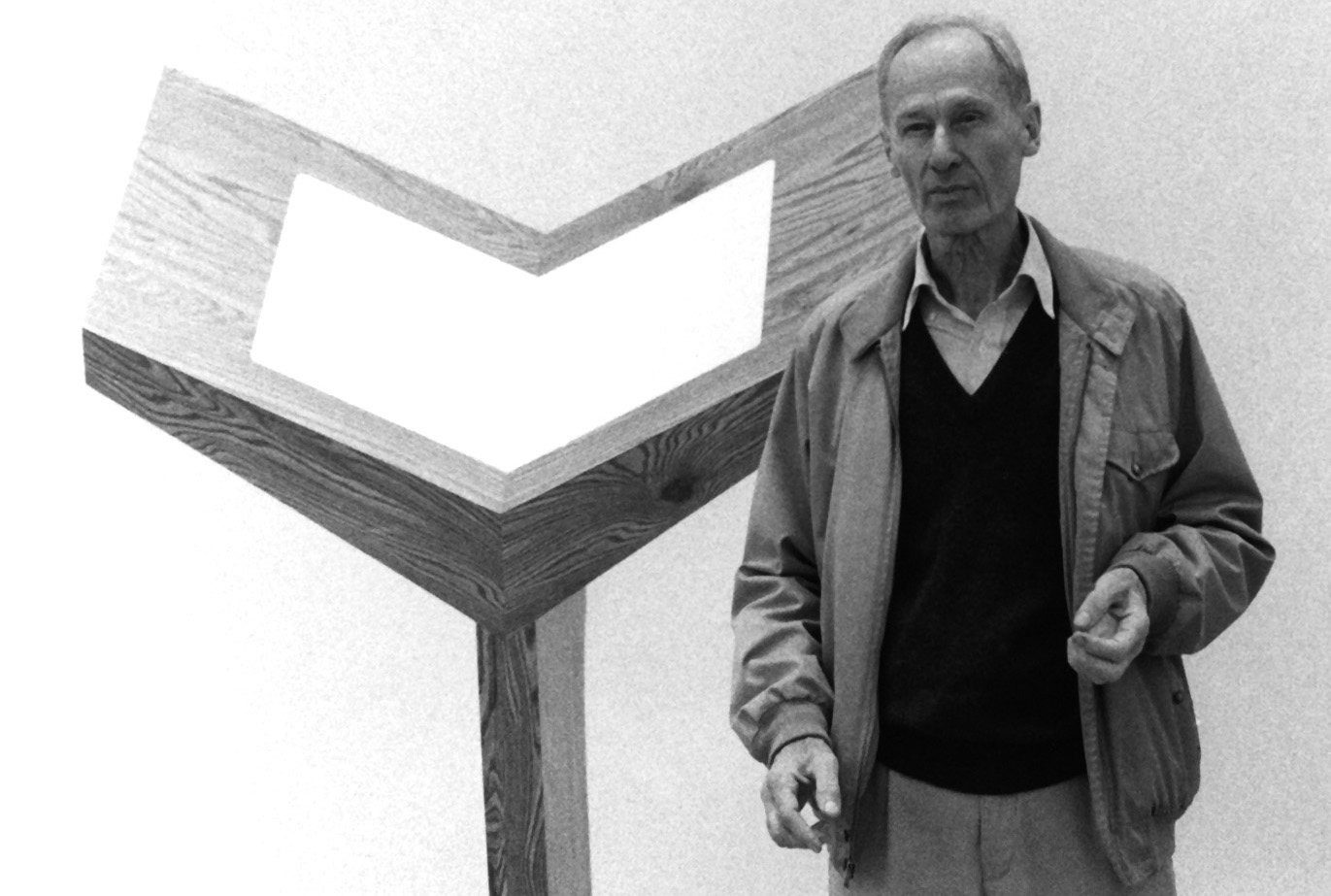
Richard Ernst Artschwager was an American painter, illustrator and sculptor. His work has associations with Pop Art, Conceptual art and Minimalism.


René Descartes was a French philosopher, mathematician, and natural scientist who is considered the founder of modern philosophy.
Descartes was a very versatile scientist: besides numerous philosophical reflections, he wrote works on optics, meteorology and geometry. Contemporaries noted his extensive knowledge in many sciences. Descartes owns the famous saying "I think, therefore I exist" (best known in the Latin formulation "Cogito, ergo sum", although it was originally written in French: "Je pense, donc je suis").
He developed a metaphysical dualism that radically distinguished between mind, whose essence is thought, and matter, whose essence is extension in three dimensions. Descartes' metaphysics is rationalistic, based on the postulation of innate ideas of mind, matter, and God, but his physics and physiology, based on sense experience, are mechanistic and empirical.
Unlike his scientific predecessors, who felt a holy awe at the incomprehensibility of the divine essence of the universe, Descartes admired the ability of the human mind to understand the cosmos and to generate happiness itself, and rejected the view that human beings were inherently unhappy and sinful. He believed that it was inappropriate to pray to God to change the state of things and the world; it was much more productive to change oneself.
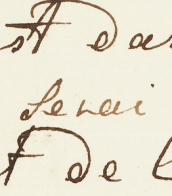

René Descartes was a French philosopher, mathematician, and natural scientist who is considered the founder of modern philosophy.
Descartes was a very versatile scientist: besides numerous philosophical reflections, he wrote works on optics, meteorology and geometry. Contemporaries noted his extensive knowledge in many sciences. Descartes owns the famous saying "I think, therefore I exist" (best known in the Latin formulation "Cogito, ergo sum", although it was originally written in French: "Je pense, donc je suis").
He developed a metaphysical dualism that radically distinguished between mind, whose essence is thought, and matter, whose essence is extension in three dimensions. Descartes' metaphysics is rationalistic, based on the postulation of innate ideas of mind, matter, and God, but his physics and physiology, based on sense experience, are mechanistic and empirical.
Unlike his scientific predecessors, who felt a holy awe at the incomprehensibility of the divine essence of the universe, Descartes admired the ability of the human mind to understand the cosmos and to generate happiness itself, and rejected the view that human beings were inherently unhappy and sinful. He believed that it was inappropriate to pray to God to change the state of things and the world; it was much more productive to change oneself.


René Descartes was a French philosopher, mathematician, and natural scientist who is considered the founder of modern philosophy.
Descartes was a very versatile scientist: besides numerous philosophical reflections, he wrote works on optics, meteorology and geometry. Contemporaries noted his extensive knowledge in many sciences. Descartes owns the famous saying "I think, therefore I exist" (best known in the Latin formulation "Cogito, ergo sum", although it was originally written in French: "Je pense, donc je suis").
He developed a metaphysical dualism that radically distinguished between mind, whose essence is thought, and matter, whose essence is extension in three dimensions. Descartes' metaphysics is rationalistic, based on the postulation of innate ideas of mind, matter, and God, but his physics and physiology, based on sense experience, are mechanistic and empirical.
Unlike his scientific predecessors, who felt a holy awe at the incomprehensibility of the divine essence of the universe, Descartes admired the ability of the human mind to understand the cosmos and to generate happiness itself, and rejected the view that human beings were inherently unhappy and sinful. He believed that it was inappropriate to pray to God to change the state of things and the world; it was much more productive to change oneself.

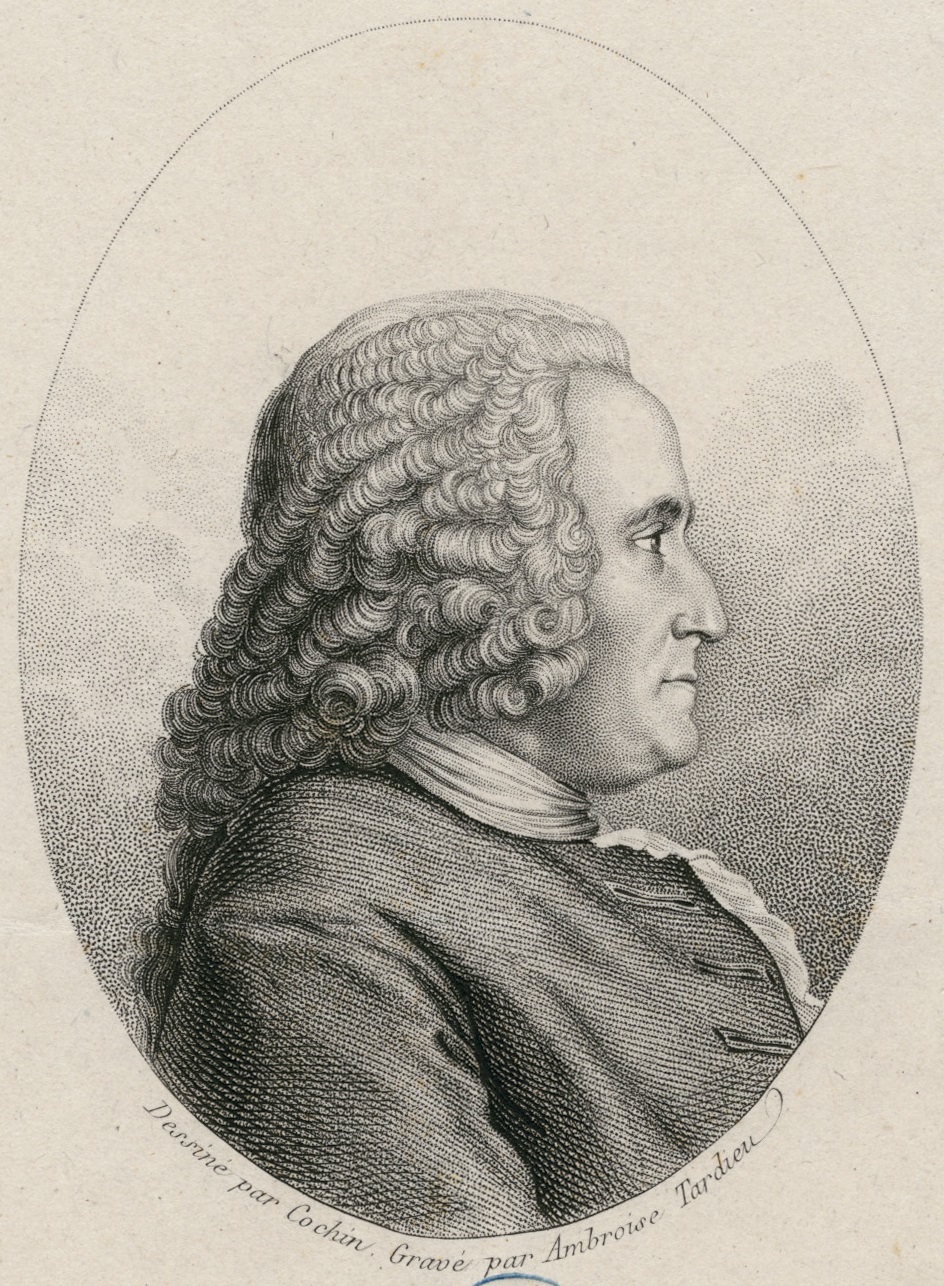
Denis Dodart was a French botanist, naturalist and physician.
Dodart studied at the University of Paris, received a doctorate in medicine and was already in his youth known for his erudition, eloquence and open-mindedness. In 1673 he was elected to the French Academy of Sciences.
He is known for his early studies of plant respiration and growth. Dodart collaborated with the French engraver Nicolas Robert to illustrate his botanical works.

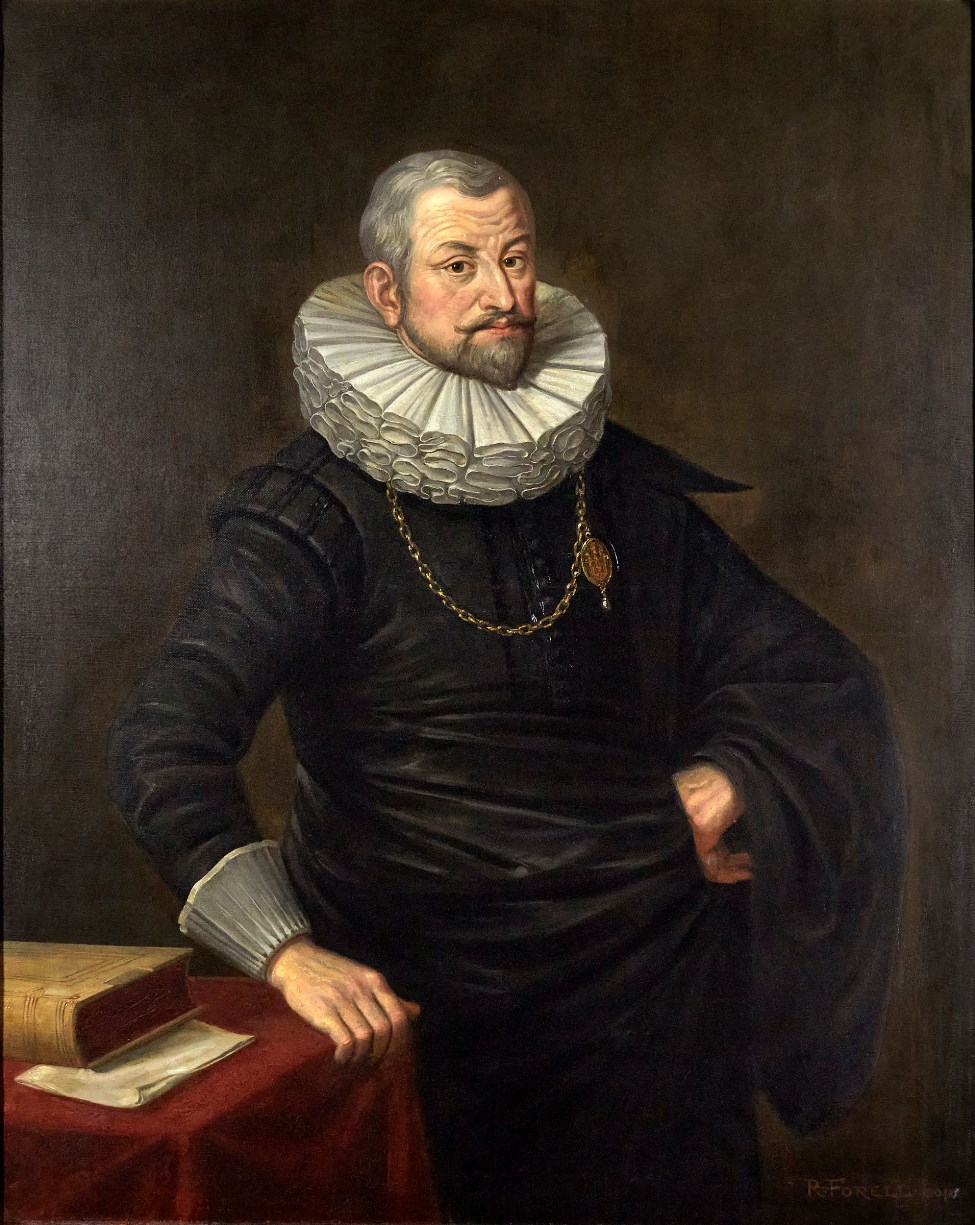
Johann Hartmann Beyer was a German physician, mathematician and statesman.
He earned a master's degree in liberal arts at the University of Strasbourg, and then graduated from the University of Tübingen with a doctorate in medicine. In 1588 Beyer returned to his native Frankfurt and began working as a physician; a year later he was appointed Physicus ordinarius - his duties included overseeing the city's health care and pharmacy system.
In 1614 Beyer took up the position of senior burgomaster of Frankfurt, but during the Fetmilch Rebellion he became involved in conflict, was forced to resign and returned to science.
He had the richest library of scientific books, numbering about 2500 volumes, wrote scientific works on astronomy and mathematics, engaged in medical activity, having invented the famous Frankfurt pills. Beyer carried on a lively correspondence with scientists, including mathematician Johannes Kepler, dealing with decimal fractions. Beyer bequeathed his rich inheritance to the city and to charity.

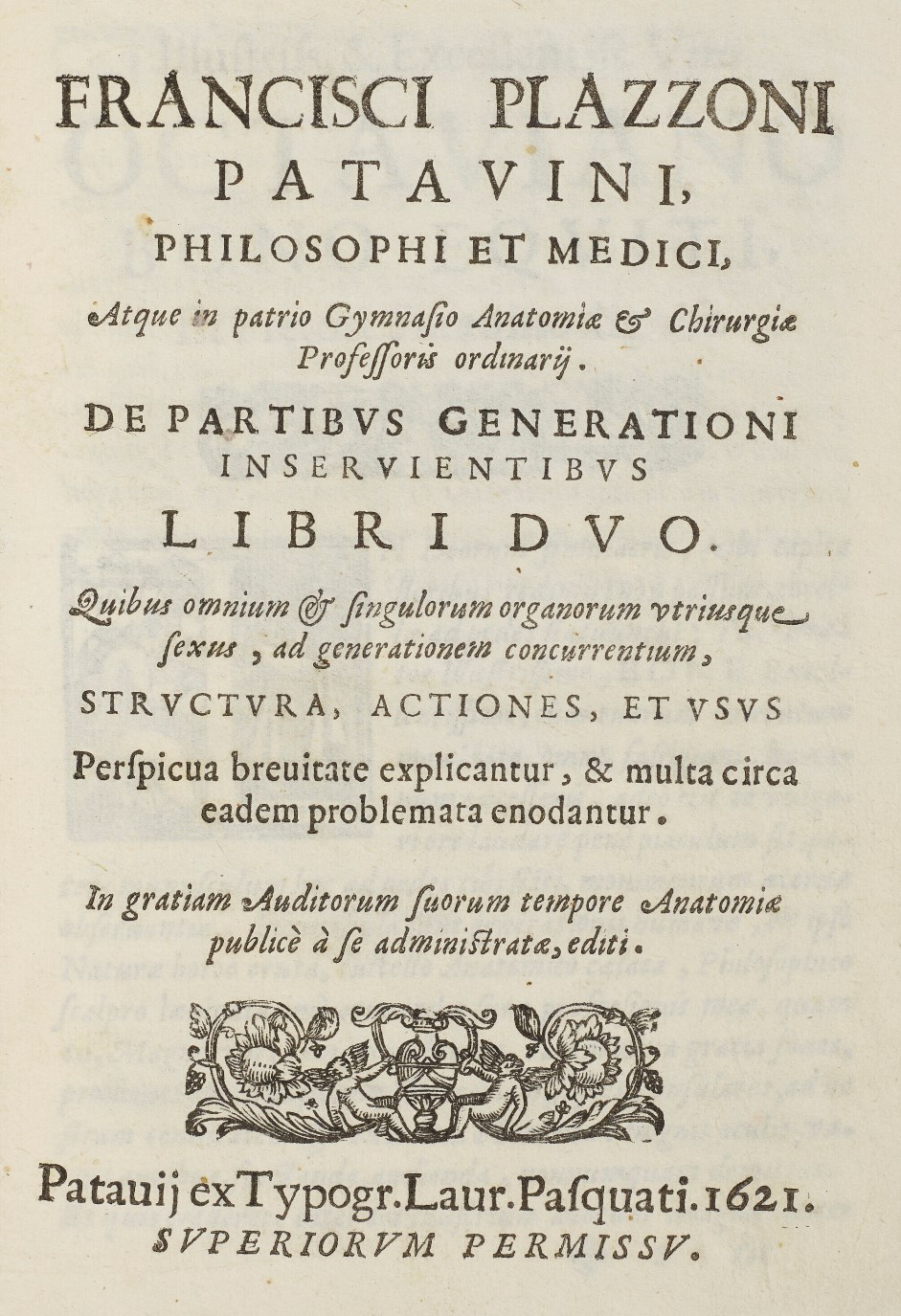
Francesco Plazzoni was an Italian physician and anatomist.
Plazzoni was a fellow student of Fabrizi and colleague of Spigellius, and taught in Padua. He is the author of the treatise De partibus generationi inservientibus libri duo (Padua, 1621). His text is based on Plazzoni's anatomical lectures in Padua and deals with the physiology of the penis, the clitoris, and sexual arousal.

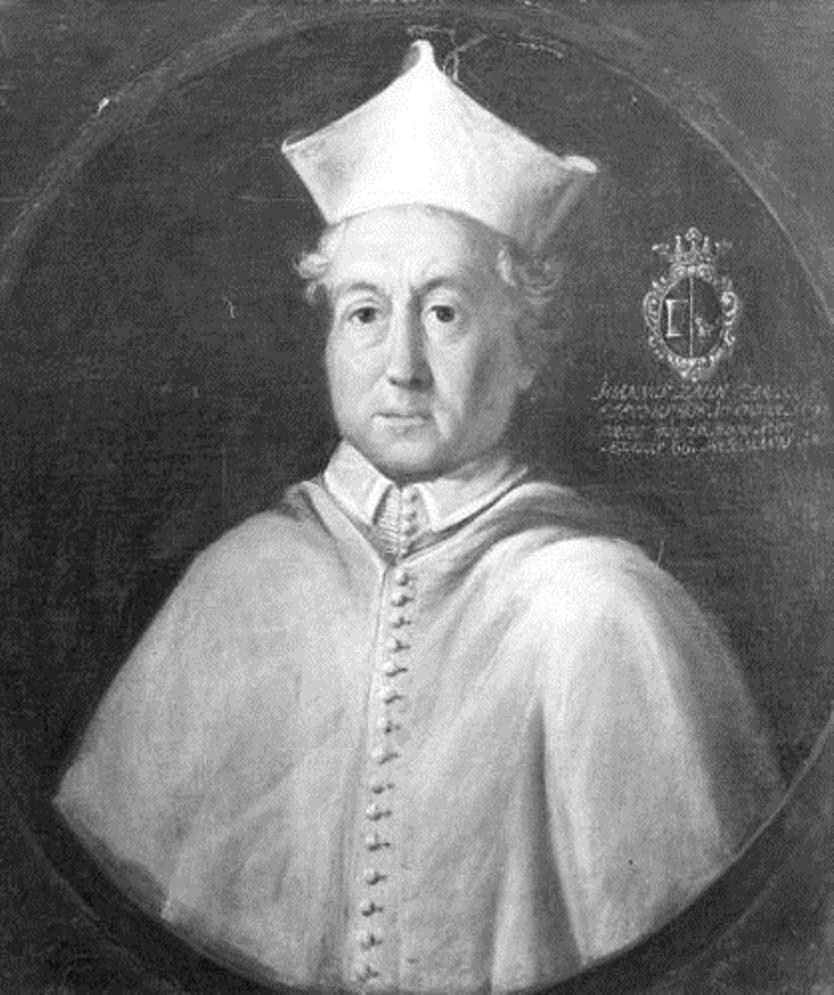
Johann Zahn (German: Johann or Johannes Zahn) was a German scientist and philosopher, optician and astronomer, mathematician and inventor.
Zahn studied mathematics and physics at the University of Würzburg, was professor of mathematics at the University of Würzburg, and served as a canon of the Order of Regular Canon Premonstratensians. His other activities were optics as well as astronomical observations.
In 1686 Johann Zahn invented and designed a portable camera obscura with fixed lenses and an adjustable mirror, which is the prototype of the camera. In his treatise on optics, Oculus Artificialis Teledioptricus (1702), Zahn gives a complete picture of the state of optical science of his time. He begins with basic information about the eye and then moves on to optical instruments. The book is aimed at eighteenth-century microscope and telescope enthusiasts and includes all the necessary details of construction, from lens grinding to drawings.





![[DESCARTES, René (1596-1650)]](/assets/image/picture_2945222/9d12c/1b1831dfc7e19e287b331e6d22dc7f781689112800jpg__fix_374_244.jpeg)
![[DESCARTES, René (1596-1650)]](https://veryimportantlot.com/assets/image/picture_2945222/9d12c/1b1831dfc7e19e287b331e6d22dc7f781689112800jpg__fix_374_244.jpeg)


![[DESCARTES, René (1596-1650)]](/assets/image/picture_2500811/a67fb/9ee6c1d6009ac0da55c5104d2c2f17ad1667984400jpg__fix_374_244.jpeg)
![[DESCARTES, René (1596-1650)]](https://veryimportantlot.com/assets/image/picture_2500811/a67fb/9ee6c1d6009ac0da55c5104d2c2f17ad1667984400jpg__fix_374_244.jpeg)





